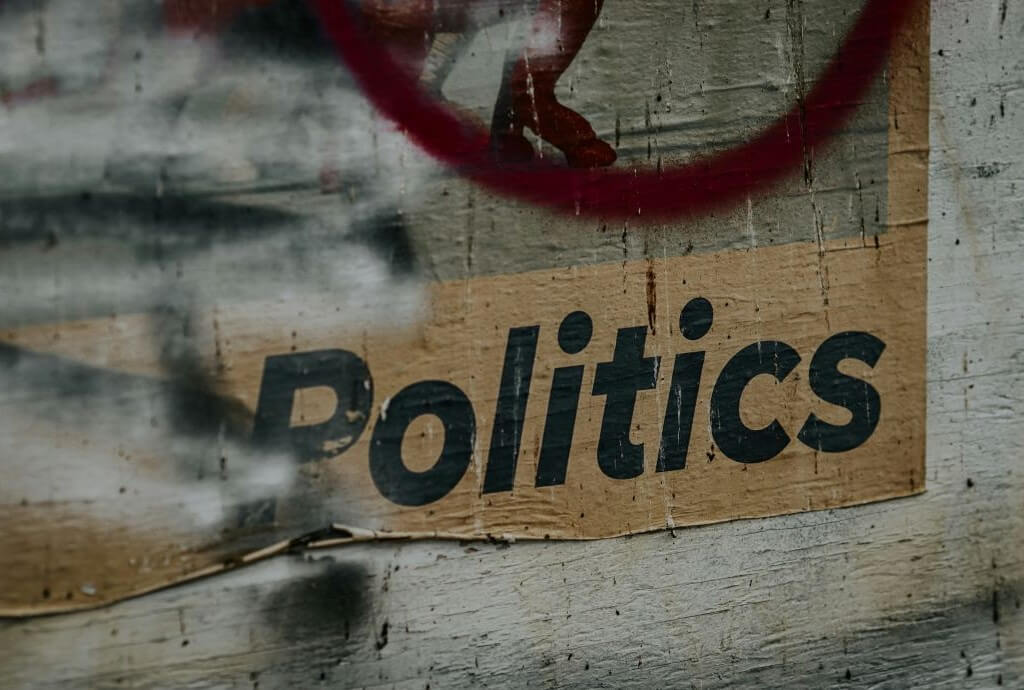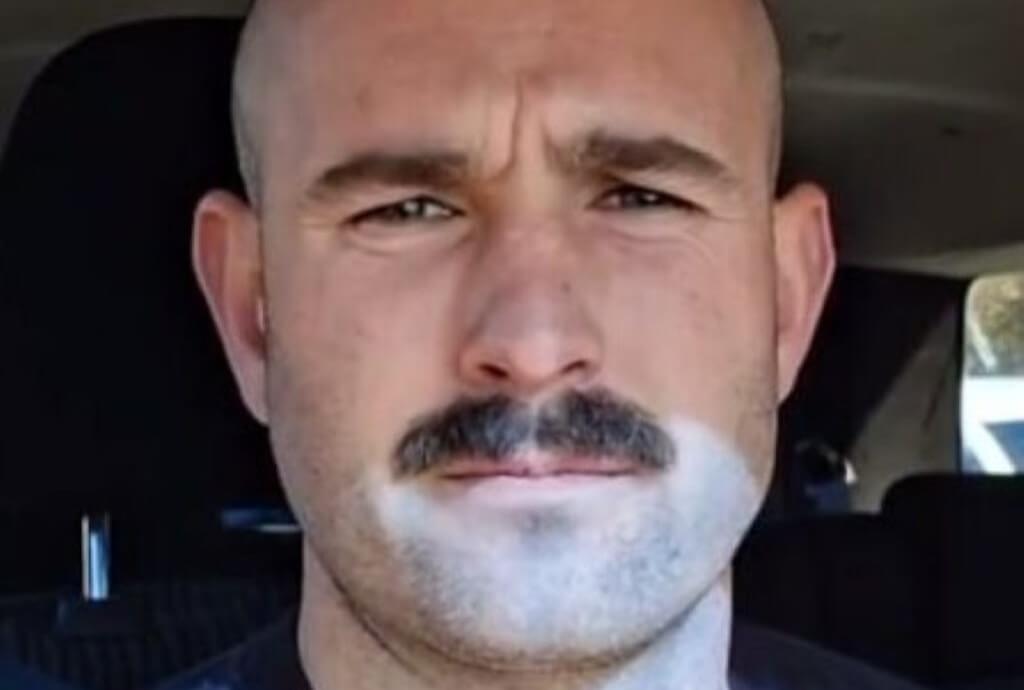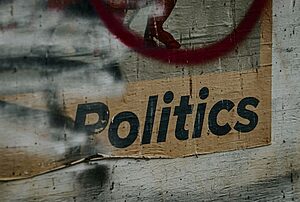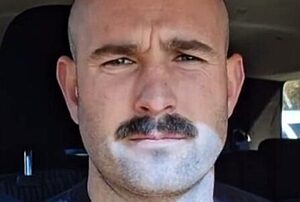In brief
- ACT Party leader David Seymour has faced criticism for interacting with young people on Snapchat, which some argue is inappropriate despite no allegations of misconduct.
- Meanwhile, some of the media outlets that criticise Seymour also support Drag Queen Storytime events and lowering the voting age to 16.
- This raises questions about media partisanship and double standards.
Media’s selective outrage
Newshub, in its death throes, and other media outlets attempted to smear ACT Party leader David Seymour’s interactions with young people on social media, but are they being hypocritical?
Media scrutiny intensified following a viral TikTok post where individuals expressed discomfort retrospectively about their 2016 interactions with Seymour on Snapchat.
Yet, while Seymour’s Snapchat interactions face heavy scrutiny, similar or more controversial engagements like Drag Queen Storytime and campaigns to lower the voting age receive strong media support.
To their credit, each report criticising Seymour overtly stated there was nothing inappropriate about the student-initiated exchanges. Nonetheless, there was the subtle suggestion of inappropriate conduct without evidence.
Yet former Prime Minister Jacinda Ardern’s social media interactions with young people were not met with the same criticism.
Newshub led the charge
Former Newshub host Lloyd Burr labelled these exchanges as “icky” and suggested they “look bad,” echoing sentiments shared by other commentators like Pat Brittenden, who called Seymour “weird” and “just creepy” for “conversing with a 15-year-old.”
While some might find it inappropriate or “creepy” for older (or not so older) men to talk to teenagers, we believe there’s nothing wrong with treating teens as ordinary individuals and speaking to them respectfully.
For his part, Seymour has defended his actions, citing his commitment to being accessible to all constituents.
Recognising and addressing these biases is crucial for fostering fair and balanced media coverage, ensuring all viewpoints are represented accurately and equitably.
The double standard
Drag Queen Storytime events,which many media outlets vocally support, consist of drag performers reading to young children, playing up messages of kindness, anti-bullying, and inclusion.
Critics of these events, such as Destiny Church leader Brian Tamaki, argue they are inappropriate for children. He invariably evokes critical coverage.
Similarly, the Make it 16 campaign, which advocates for lowering the voting age to 16, is well-supported by many in the media.
Advocates argue that young people deserve a voice in decisions that affect their future. This support includes endorsements from public figures and coverage that highlights the campaign’s positive aspects.
Pat Brittenden, who criticised Seymour, also endorses lowering the voting age to 16. This would inevitably involve politicians interacting with young people, similar to Seymour’s efforts.
Valid concern or evidence of bias?
There may be valid concerns about adults interacting with young people on platforms like Snapchat, where messages disappear after being viewed. But these need to be fact specific.
Instead, we submit that this current hubbub supports our contention of media bias, where the portrayal of news may be influenced by underlying political and social agendas.



















